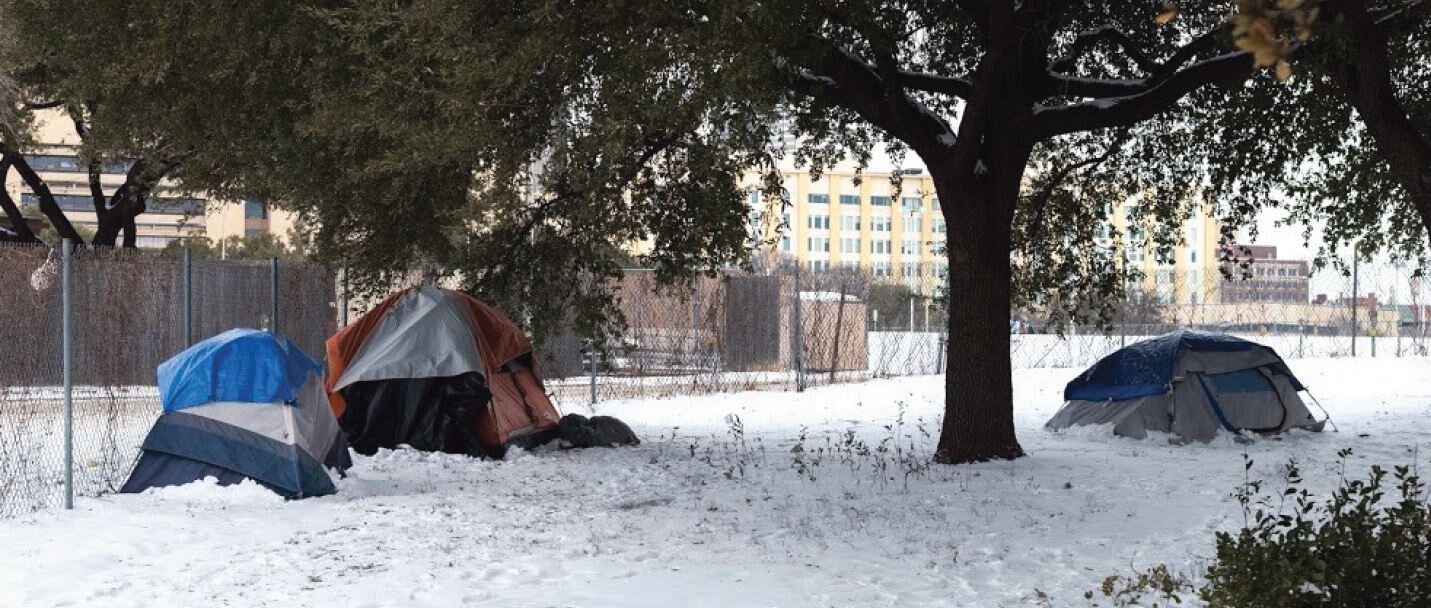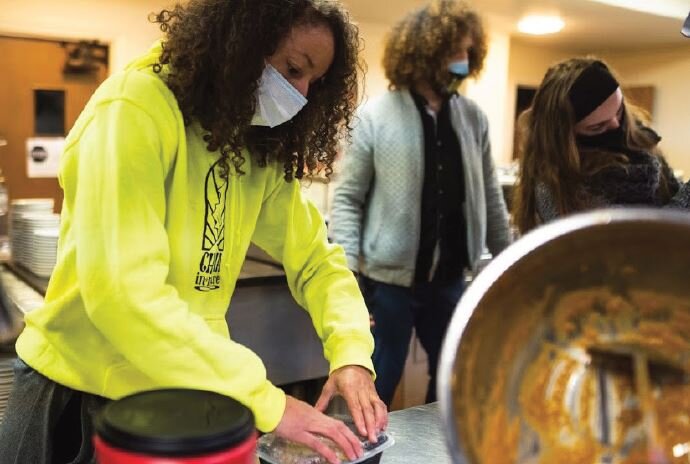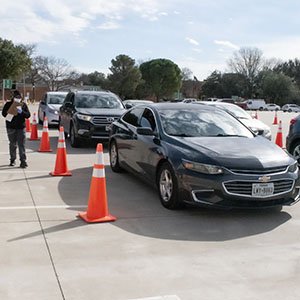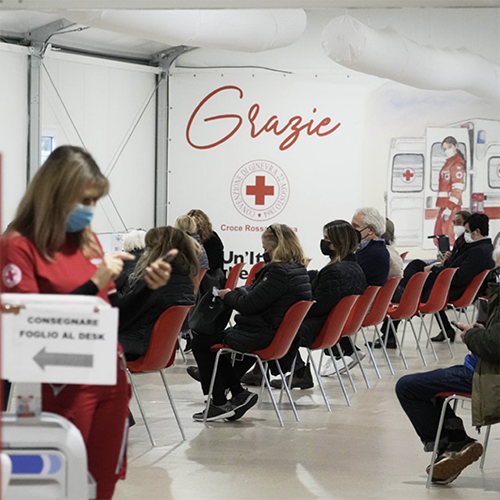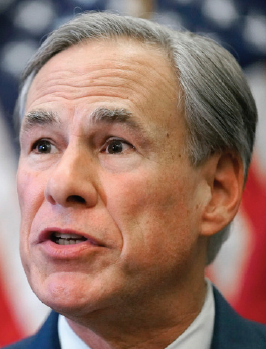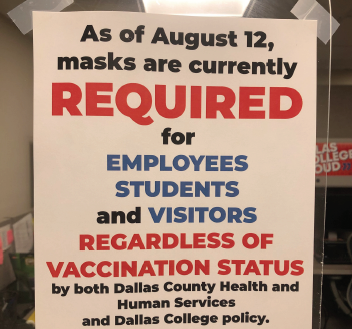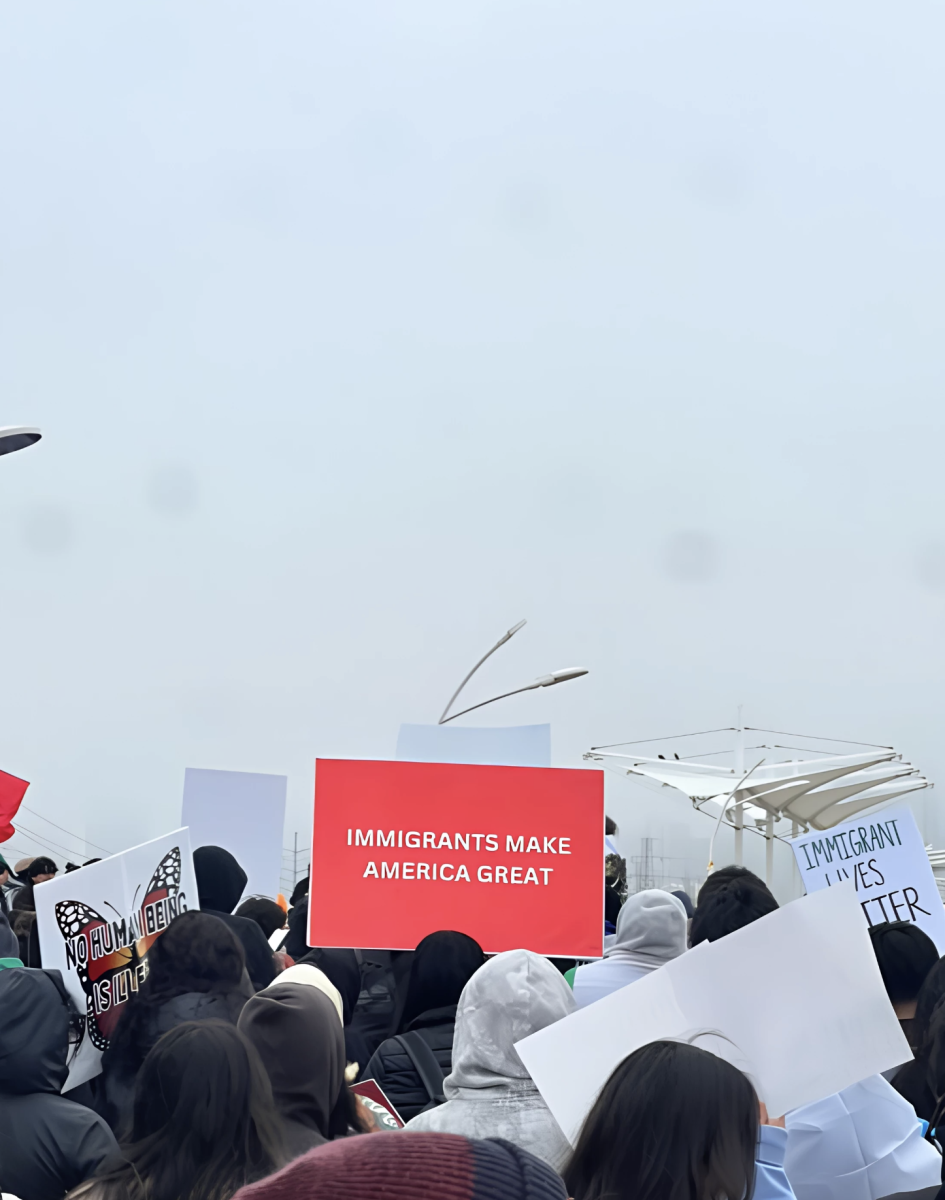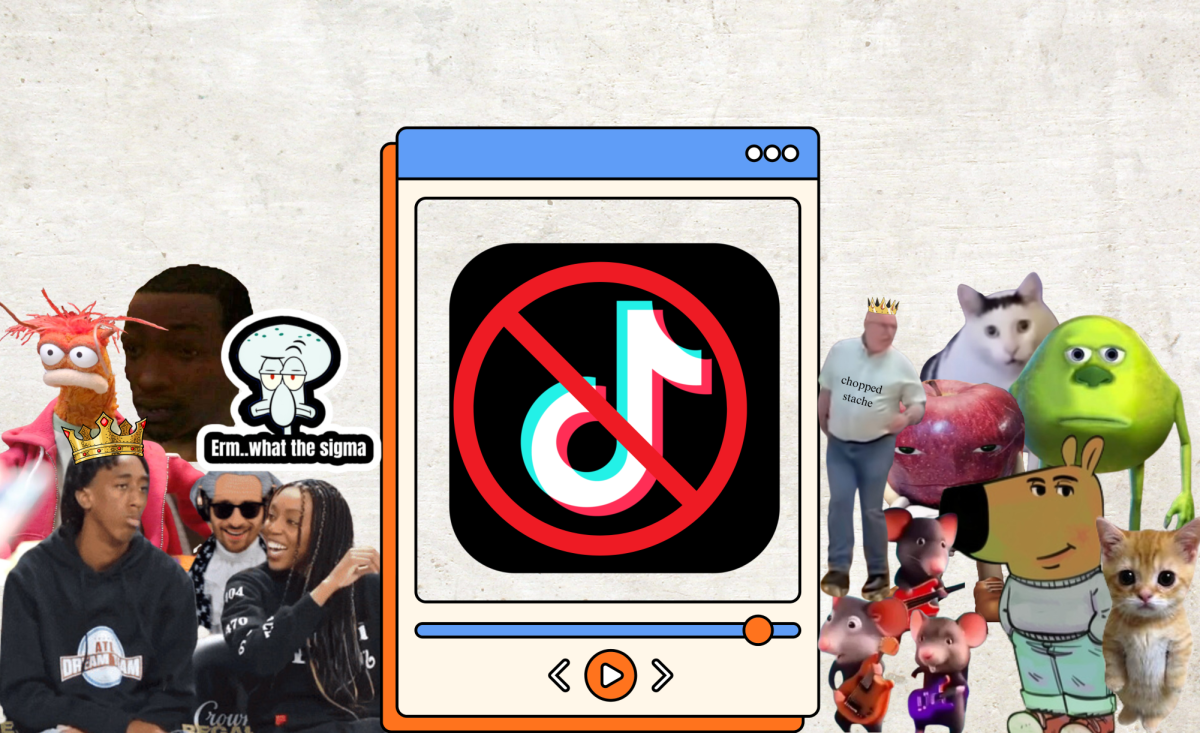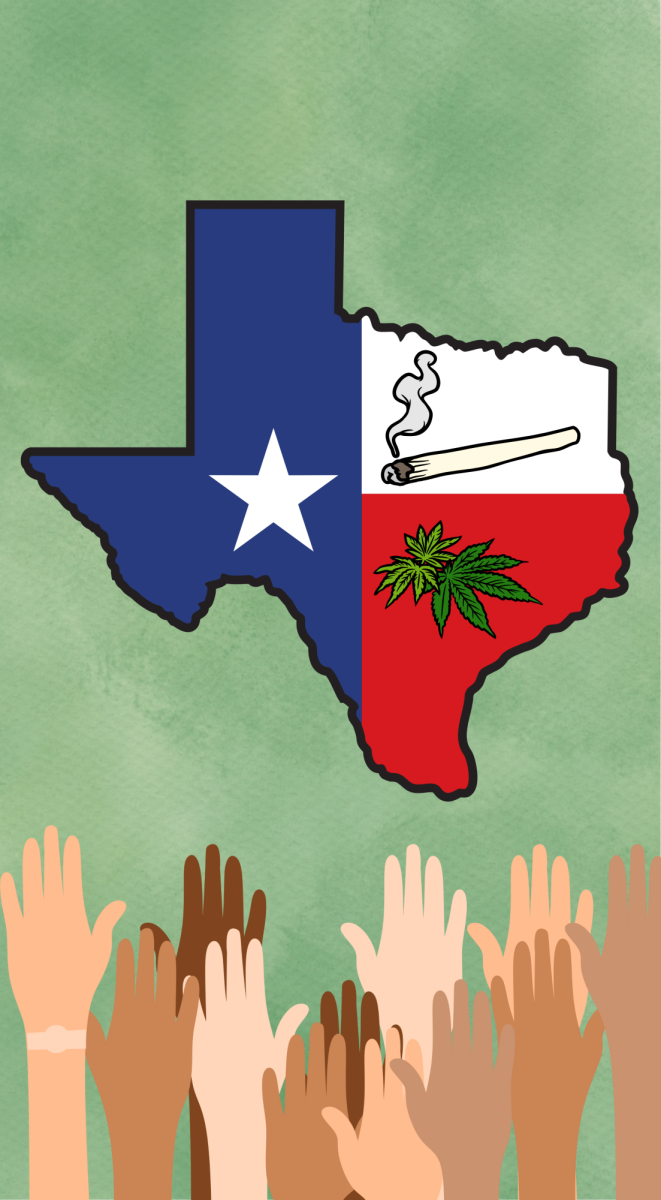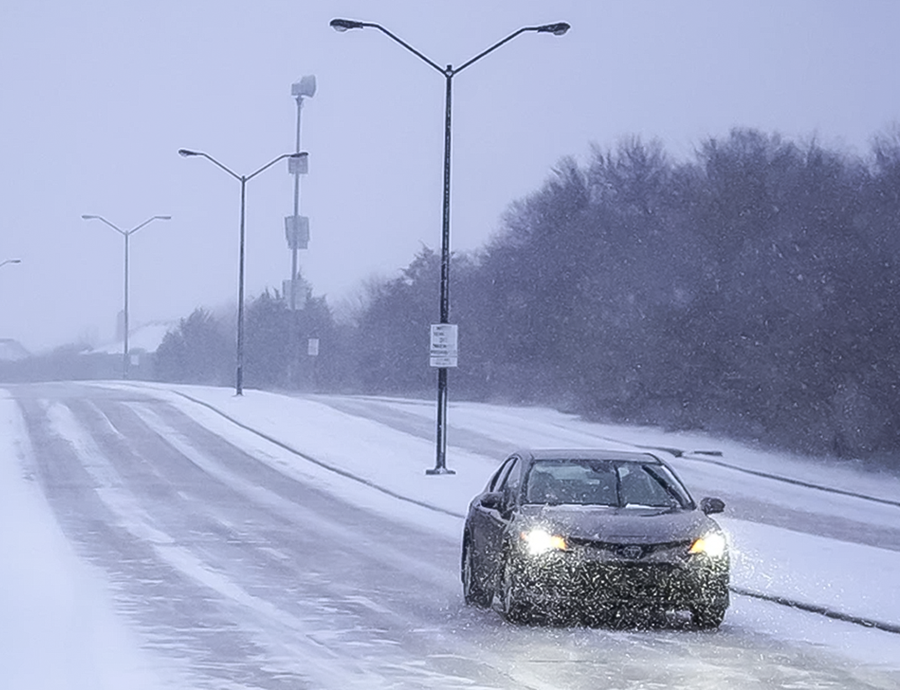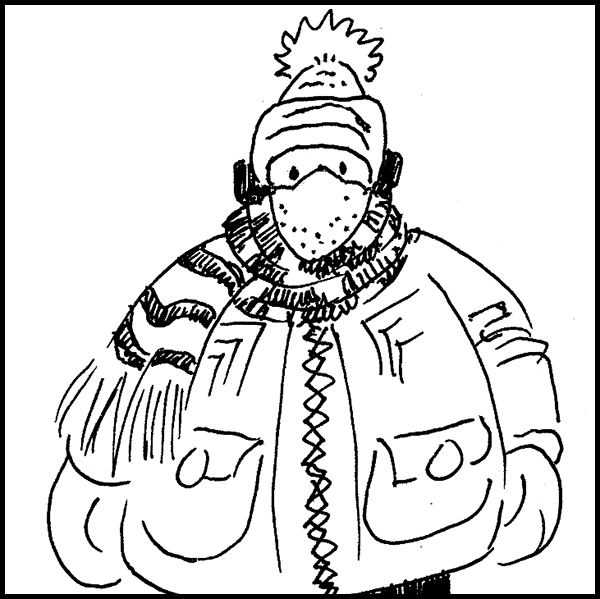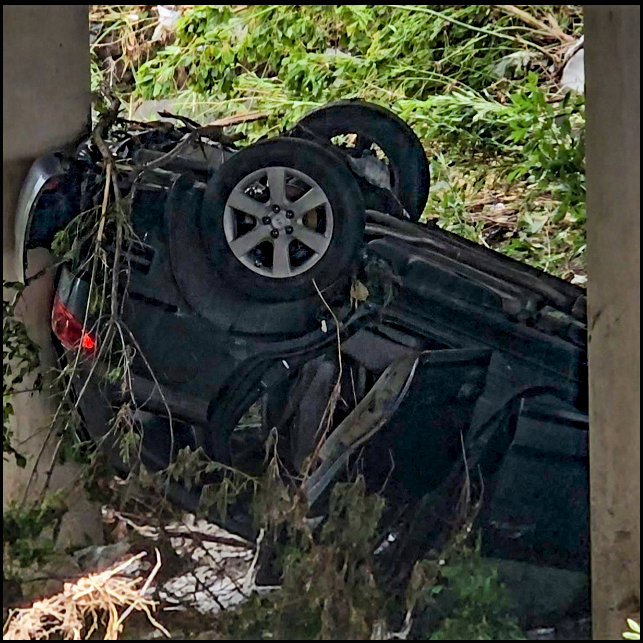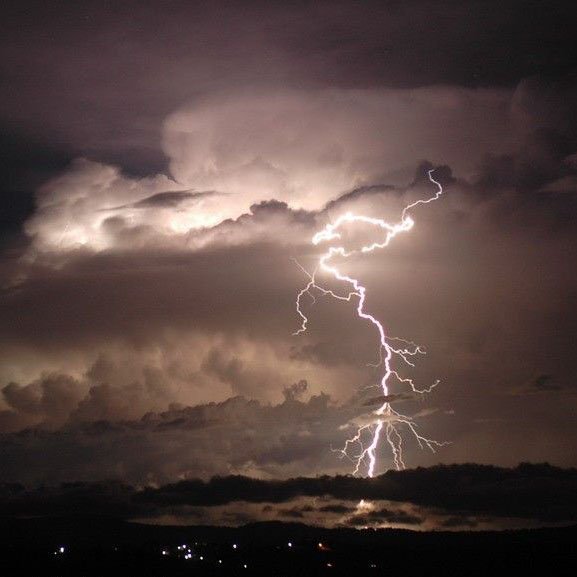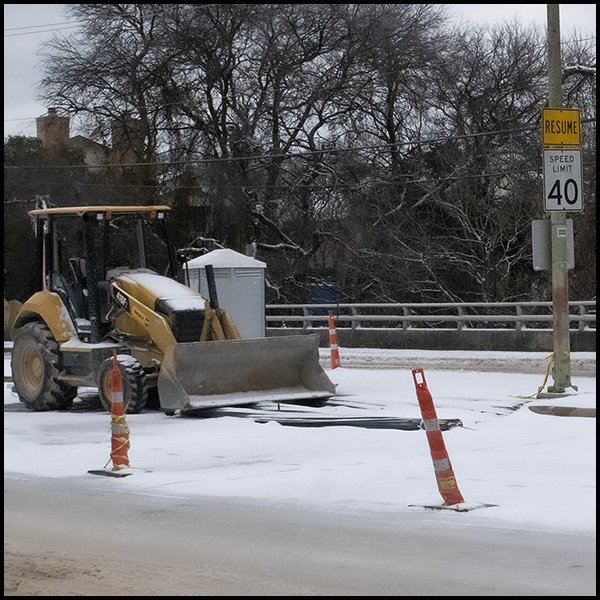As millions of Texans sat in their homes with no power or water and temperatures below freezing, there was little to no communication from energy companies or government officials, so grass root organizations and groups of young activists took it upon themselves to fill in the gaps that Texas government officials were not filling.
The homeless were especially vulnerable to the cold temperatures as shown here at Camp Rhonda in South Dallas along I-45.
“We started out with 200 people on Friday night and the number grew as the temperatures got worse and we went from ‘How do I feed 200 people?’ To ‘How do I feed 500 people?’ To ‘How do I feed 1,000 people in a matter of 24 hours?’” That’s what Reinter Bantau, food services manager of the homeless ministry OurCalling.org, asked himself as he worked around the clock in a shelter set up in the Kay Bailey Hutchison Convention Center.
“Extreme situations call for immediate help,” said LatinX organizer Molly Faricy, who was running a kitchen with SunriseMovement.org organizer Amber Brown throughout the winter storm.
Amber Brown, left, and Molly Faricy prepare meals for OurCalling clients.
Many small mutual aid organizations gathered to cook meals, hand out water, provide money and hotel rooms for local Dallas residents impacted by the winter storm that shut down the state of Texas starting Feb. 12.
Throughout the storm OurCalling not only sheltered people, but also led search-and-rescue operations at local homeless camps, such as Camp Rhonda, and took those residents to hotels.
Once those hotels lost power, however, the homeless residents were relocated to the mega shelter at the convention center.
“It was cold and OurCalling came [and] said they were picking up people and taking them to a hotel. Unfortunately, the lights went out at the hotel and then they brought us over here to the convention center,” said Cecilia Terell, who received aid from the nonprofit organization.
Although the shelter received an unexpected number of people, the organization was able to meet their needs and provide everyone three meals a day for five days. Not only did they provide warm meals, they also had caseworkers assigned to each resident and offered free medical help to everyone who walked through their doors.
On the north side of Dallas, two young women in a matter of hours secured a kitchen, gathered cooks and volunteers to provide warm vegan meals to Dallas residents that were left without power.
When they were not in the kitchen or delivering, Brown and Faricy were on calls with the heads of many local mutual aid groups. During these late 9 p.m. calls, they secured another kitchen for the next day and planned a drive-by distribution.
“If someone reaches out, we send them money directly,” Brown said about the way the organization distributed funds back to their community. “That’s why we were blowing up Cash App and Venmo today because they have cash disbursement limits.”
The two women went on social media to pressure the money transfer apps into lifting their payment caps so they could transfer money to struggling families. Eventually the Cash App did in fact lift restrictions to certain accounts. There was never a response from Venmo.
According to fema.gov, a federal disaster declaration was issued Feb. 14. Texans began to lose power the next day. Resources did not arrive until Feb. 18.
“There are people that are specialists in this kind of stuff, disaster relief, but they’re not here, you know,” Faricy said as she talked about the lack of government aid in areas in which she was serving. “I feel like what has given us hope is the fact that we can rely on each other.”
At least 40 people in Texas died as a result of the winter storm with 70 deaths reported nationwide, according to The Associated Press. At press time, more than 1 million residents were still under orders to boil water before drinking it.
Mutual aid groups, including those mentioned in this article, are seeking donations to help Texans recover from the storm.


